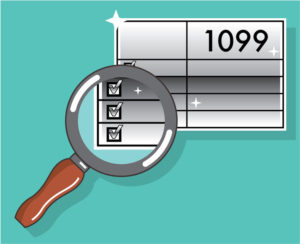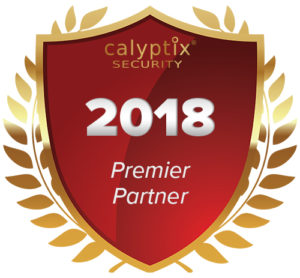
The Tax Cuts & Jobs Act Bill (H.R. 1) has now passed the House and Senate and is on its way to the White House for the President’s signature to become law.
Here is a summary of some of the major provisions that will affect both Individuals and Businesses after this Bill becomes law. Most changes will be effective January 1, 2018; however, there are certain specific changes which will take effect before 2018.
Changes for Individuals
Individual Rates: The top individual rate will be 37 percent for individuals earning $500,000 and above and joint filers earning at least $600,000. There will be seven tax brackets: 10, 12, 22, 24, 32, 35, and 37 percent. The tax bill will nearly double the standard deduction, increasing it to $24,000 for a couple filing jointly and to $12,000 for single taxpayers. The tax rates and standard deduction expansion will expire in 2026.
Mortgage Interest Deduction: The bill will preserve the deduction for existing home mortgages and cap it at $750,000 for newly purchased homes starting January 1, 2018. The plan will also end the deduction for interest on home equity loans.
State and Local Tax Deduction: Taxpayers will be allowed to deduct up to $10,000 of state and local taxes paid, including property taxes and either income taxes or sales taxes.
Child Tax Credit: The child tax credit will be increased to $2,000 from the current $1,000 per child credit, with up to $1,400 of it being refundable.
Medical Expense Deduction: The bill will allow taxpayers to deduct medical expenses exceeding 7.5 percent of adjusted gross income for 2017 and 2018.
Individual Mandate: The plan would zero out the penalties for not obtaining health coverage for individuals and families.
529 College Accounts: 529 Accounts can now be used for elementary, secondary, and higher education.
Individual Alternative Minimum Tax: The individual AMT will increase to apply to individual filers earning more than $500,000 or joint filers earning $1 million or more.
Changes for Businesses
Corporate Rate: The corporate rate will be reduced to 21 percent starting January 1, 2018.
Pass-through Taxation: Pass-through entity owners that meet certain conditions will be eligible for a 20 percent deduction on their business income.
Business Expensing: Full expensing of new and used capital investments will be permitted for five years. After 2022, the 100 percent allowance will be phased down by 20 percent each year. Section 179 expensing, which doubles the amount eligible for the special small business investment write-offs, will also be made permanent.
Corporate Alternative Minimum Tax: The corporate AMT will be repealed.
Other Changes
Estate Tax: The exemption is doubled for estates worth approximately $11 million for individuals and $22 million for couples. The exemptions will revert to current levels after 2025.
International Business: Eliminates incentives that now reward companies for shifting jobs, profits, and manufacturing plants abroad. These incentives will prevent American jobs, headquarters, and research from moving overseas.
For even more information, here is a summary of the policy highlights as provided by the Joint House and Senate Conference Committee for your review.
If you have any questions about how this tax bill will affect your specific tax situation, please contact us online or call 215-723-4881 to set up a time to review the effects of these changes with you.
Disclaimer: This communication contains general tax information and should not be construed as specific tax advice for your situation.










